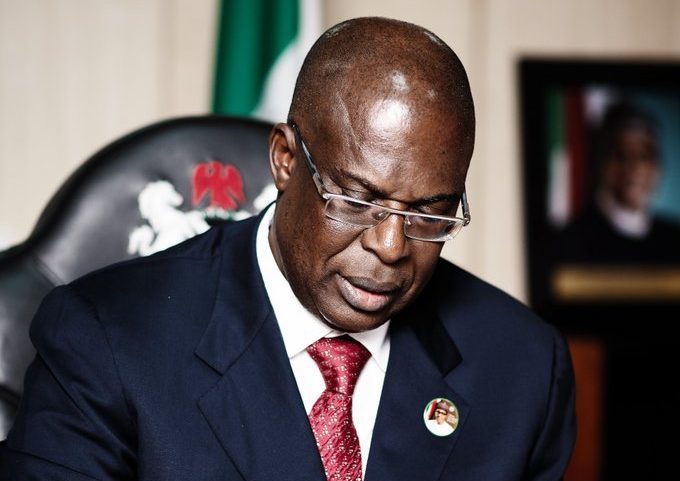A Tokyo court will Wednesday rule on a damages lawsuit by journalist Shiori Ito, who has accused a former TV anchor with close ties to Prime Minister Shinzo Abe of rape.
Ito, 30, is seeking 11 million yen ($100,000) in compensation from former reporter Noriyuki Yamaguchi, claiming he raped her after inviting her to dinner to discuss a job opportunity in 2015.
The case has made headlines in Japan and abroad, as it is rare for rape victims to report the crime to the police — according to a 2017 government survey, only four percent of women come forward.
And Ito became an outspoken symbol for “#MeToo” in Japan, where the movement against sexual harassment and abuse has struggled to take hold.
Yamaguchi denies any wrongdoing and has filed a counter-suit against Ito, seeking 130 million yen in compensation. The court will also rule on this case on Wednesday.
“In Japanese culture, suffering in silence is considered as noble,” Ito told AFP in a recent interview.
“I was flooded with insults and threats. But what grabbed me the most was these very polite emails from women telling me how ashamed I should be for revealing everything,” she said.
Ito suspects her alleged attacker drugged her and claims police failed to test for substances.
Read Also: US Intel Agencies Distrust Unpredictable President
“When I regained consciousness, in intense pain, I was in a hotel room and he was on top of me. I knew what had happened but I couldn’t process it.”
The police, who took weeks to open a criminal investigation, told Ito they were going to arrest Yamaguchi, she said — before they suddenly backed off.
Ito released a book about her ordeal in 2017, the year she broke her silence.
Yamaguchi is countersuing, saying his reputation has been damaged by the accusations.
Japan hiked minimum jail terms for rapists from three to five years and widened the definition of sexual assault victims to include men for the first time in 2017.
Lawmakers decided unanimously to update the 1907 statute to impose tougher penalties on sex attackers and make prosecutions easier, as they look to boost Japan’s low number of convictions.
AFP NEWS










